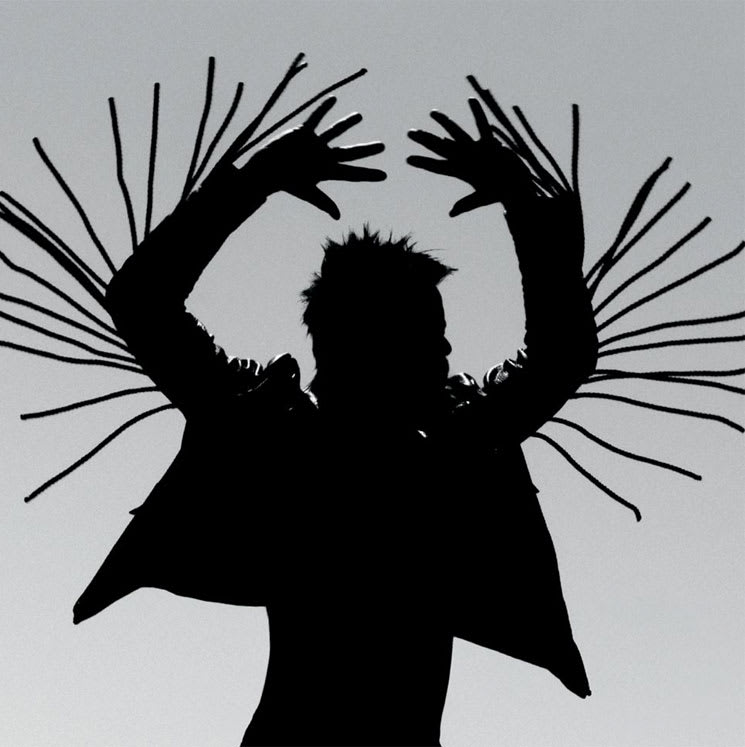George Lewis Jr.'s Twin Shadow project exists in a careful balance between style and substance, with '80s pop and R&B tropes and tones punctuated by sharp hooks and his crooning vocals. At the centre of Twin Shadow though, is Lewis himself, a popstar trapped in indie music's anti-star world. So it comes as no surprise that Lewis made the jump to a major label to realize his grand musical ambitions.
Yet Eclipse, the first product of this new partnership, puts this delicate balancing act out of whack. On the one hand, tracks like "To the Top" and "Old Love/New Love" find the musician working at the peak of his powers, as both songs expertly build to a sublime catharsis. But many of these tracks lack the musical subtleties that make Twin Shadow records such a joy to revisit. The production on Eclipse — the most contemporary-sounding of his career — is more Bastille than Morris Day. It grabs listeners on first listen, yet it lacks the idiosyncratic charm of Lewis's previous work.
What's most surprising of all, though, is how Lewis himself fades into the background on his own record. Rather than constructing this new, contemporary sound around his Twin Shadow persona, Eclipse finds the singer shoehorning himself into an awkward space between the Weeknd and any number of faceless pop-rock groups like One Republic or Maroon 5.
Home to both some of Twin Shadow's best and worst moments, Eclipse suggests Lewis is at a crossroads between his popstar ambitions and his affinity for paving his own sonic path. There are moments here where he manages both in one fell swoop, but on his third time out, he can't sustain the momentum for an entire album.
(Warner)Yet Eclipse, the first product of this new partnership, puts this delicate balancing act out of whack. On the one hand, tracks like "To the Top" and "Old Love/New Love" find the musician working at the peak of his powers, as both songs expertly build to a sublime catharsis. But many of these tracks lack the musical subtleties that make Twin Shadow records such a joy to revisit. The production on Eclipse — the most contemporary-sounding of his career — is more Bastille than Morris Day. It grabs listeners on first listen, yet it lacks the idiosyncratic charm of Lewis's previous work.
What's most surprising of all, though, is how Lewis himself fades into the background on his own record. Rather than constructing this new, contemporary sound around his Twin Shadow persona, Eclipse finds the singer shoehorning himself into an awkward space between the Weeknd and any number of faceless pop-rock groups like One Republic or Maroon 5.
Home to both some of Twin Shadow's best and worst moments, Eclipse suggests Lewis is at a crossroads between his popstar ambitions and his affinity for paving his own sonic path. There are moments here where he manages both in one fell swoop, but on his third time out, he can't sustain the momentum for an entire album.
